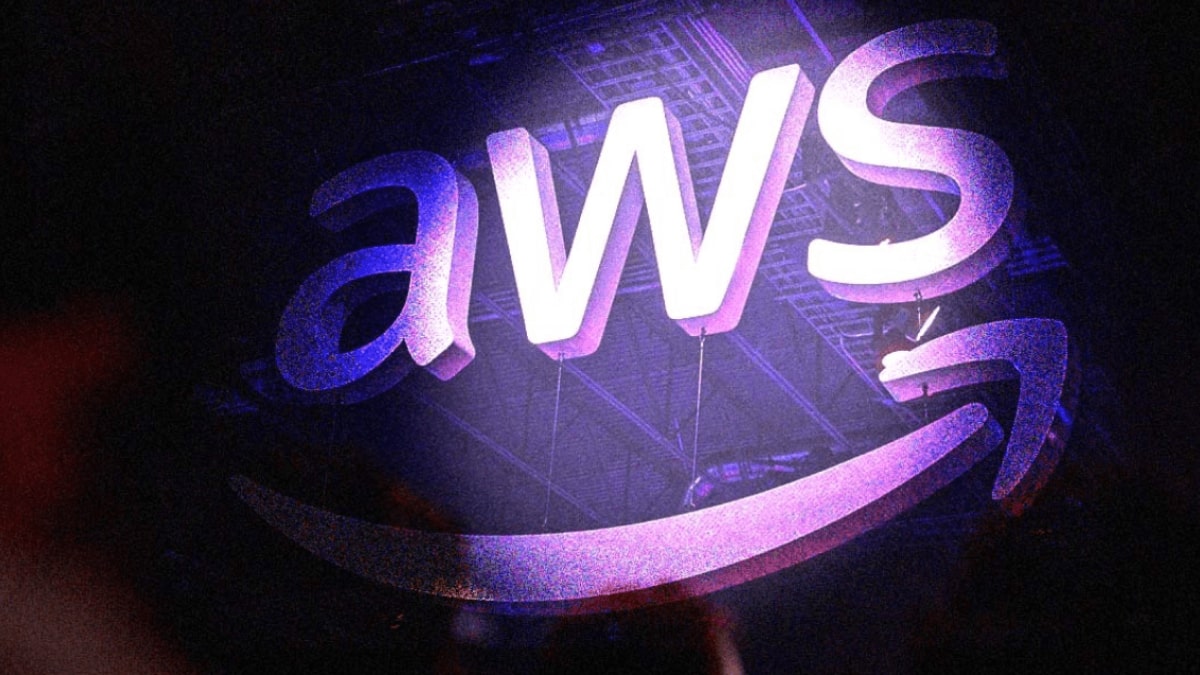Understanding the schedule to develop a mobile app is vital for planning your project and setting realistic expectations.
In this article, I will explore the factors that impact the duration of a mobile app development project. These insights should leave you better equipped to navigate the app development process.
Factors influencing mobile app development timelines
How long does it take to build an app? Unfortunately, there is no one-size fits all answer. You should be wary of anyone who tells you it will take X days to build an app without knowing your business needs.
What I can offer, is insight on what will shape your timeline. Should you wish to get an app development timeline estimate tailored to your unique needs, feel free to get in touch, and we can provide an answer that's firmly rooted in reality.
1. Project complexity
More than anything else, complexity is the most pivotal factor in the app development timeline. The intricacies and nuances of a project have a direct correlation with the time it takes to transform an idea into a functioning app.
In the realm of app development, a basic app with standard features can be assembled relatively swiftly. But as you introduce more intricate functionalities, various integrations, intricate back-end systems or a more complex data management, the development timeline expands.
Each added layer requires meticulous planning, development, testing, and fine-tuning. We at Airteam embrace this complexity, using our unique attributes to simplify, adapt, deliver, and partner with our clients. We're skilled in unravelling the most convoluted of problems, aligning our approach to your business needs and ensuring a high-quality product.
So, while complexity does indeed stretch the development timeline, it's this very intricacy that often leads to a richer, more robust app, designed specifically for your goals. Understanding this relationship ensures that your expectations align with the process, making the journey as satisfying as the destination.
2. Design considerations
Design considerations in app development are much like tailoring a custom suit; every detail must fit just right. At Airteam, we focus on intuitive, engaging designs, which means considering user interfaces, colour schemes, layouts, and functionality.
Simple designs can be executed quickly, but more intricate ones require thoughtful planning and refinement. The time spent on design ensures the app resonates with users, aligning with both their expectations and your business goals. It's an investment that ultimately crafts an app that's not just functional but a genuine user experience.
Design libraries can assist in the app development process. Think of them as a collection of pre-designed elements that can accelerate development by providing ready-to-use components. They save time by reducing the need to create designs from scratch, yet our expertise ensures that these elements are adapted to create an app that still feels unique and aligned with your specific goals and brand. In essence, design libraries are a valuable tool that can make the development process more efficient without sacrificing quality.
3. Platform and device compatibility
Developing an app for multiple platforms, such as iOS and Android, or ensuring compatibility with various device sizes, can extend the development timeline. Each platform may have specific requirements and design considerations that need to be addressed.
Android, in particular, requires significant investment if you need to support devices beyond major brand flagship models.
4. Features and functionality
The complexity and number of features you plan to incorporate into your app will impact the development timeline. Advanced functionalities, such as data synchronisation, third-party integrations, or high-security measures, may require additional time for development and testing.
5. Security requirements
Security is a critical facet of app development, and can indeed extend the timeline, especially if your app involves sensitive data or user authentication. Integrating robust security measures means thorough planning, implementation, and testing to safeguard against potential vulnerabilities. A meticulous approach is vital for protecting user data and ensuring trust, but it does require additional time to execute properly.
6. Pre-project preparation
A comprehensive discovery and definition of app requirements and functionality before starting the project can help streamline the development timeline. Clear communication and a well-defined scope of work contribute to efficient project planning and execution.
Realistic expectations for your mobile app development timeline
While each app development project is unique, we know it's helpful to have a general understanding of the timelines involved. So, below are two examples of past app development projects and their timelines.
Both applications were developed for businesses in the health industry, but because of the factors listed above, each had very different timelines.
A complex healthcare app solution
A mobile app we developed, involving complex security protocols and extensive member data integration, took approximately three months for development and an additional month for release planning and testing.
A simple healthcare app solution
A medical app we created focused on providing formulas and calculations had simpler functionalities and data management. We completed this project in about six weeks, including testing and release preparations.
It's important to note that these timelines are simply examples, and they can vary depending on your project requirements. However, they offer a broad range to give you a general idea of what to expect.
The mobile app development process
Understanding the phases of mobile app development is important for gaining insights into the process and timeline, helping you set realistic expectations and navigate the app development journey more effectively.
Requirements gathering: In this phase, we establish clarity by understanding the problem you aim to solve and how the proposed solution aligns with user needs. We set clear goals, objectives, and measures of success.
Research, discovery, and ideation: We adopt a human-centred approach, involving users and stakeholders early on. Collaboratively, we understand user behaviours and needs, market landscape, and technical requirements. This context informs ideation sessions, where we generate ideas and prioritise core features.
Design, prototyping, and user validation: We make ideas tangible through a design process, starting with low-fidelity sketches and progressing to mid- and high-fidelity designs. Prototypes may be built and tested with users to ensure validation and pivot if needed.
Development: We involve our development team early on to avoid surprises. Once designs and scope are finalised, development gains momentum. We choose an appropriate framework, such as React Native, and ensure quality, security, and maintainability are built-in from day one.
Project delivery: Our skilled in-house delivery team handles your project from start to finish, prioritising transparency and open communication. Tailored project rituals ensure a successful outcome.
Testing and quality assurance (QA): Security and testing are core considerations. Rigorous testing and QA processes are conducted throughout development, ensuring the app meets your objectives.
Deployment: Planning app deployments is critical to avoid delays. We plan for automation, submission to app stores, and adherence to policies.
Maintenance and updates: After app launch, consideration is given to maintenance and updates to comply with evolving standards. A solid plan is created for bug fixes, new features, and compliance with changes in operating systems or app store requirements.
Managing unexpected changes and challenges
During the app development process, unexpected changes or challenges may arise. Effective communication between yourself and your development team is crucial for addressing these situations.
Airteam takes a transparent approach, ensuring clients are informed of any unexpected developments and the reasons behind them. Regular progress updates, communication via project management tools like JIRA, and direct client involvement through channels like Slack help maintain clear lines of communication.
Request an app development timeline estimate
Developing a mobile app in Australia requires careful consideration of various factors that impact the timeline. By understanding the complexity of your project, providing comprehensive information during the discovery phase, and maintaining effective communication throughout the development process, you can ensure a smoother and more efficient timeline.
We offer expertise in mobile app development and can guide you through each step of the process. If you're ready to bring your mobile app idea to life, we're here to help.
You can reach out to us via our contact form to discuss your mobile app development project. Our team can provide personalised solutions tailored to your specific needs.












.jpg)











